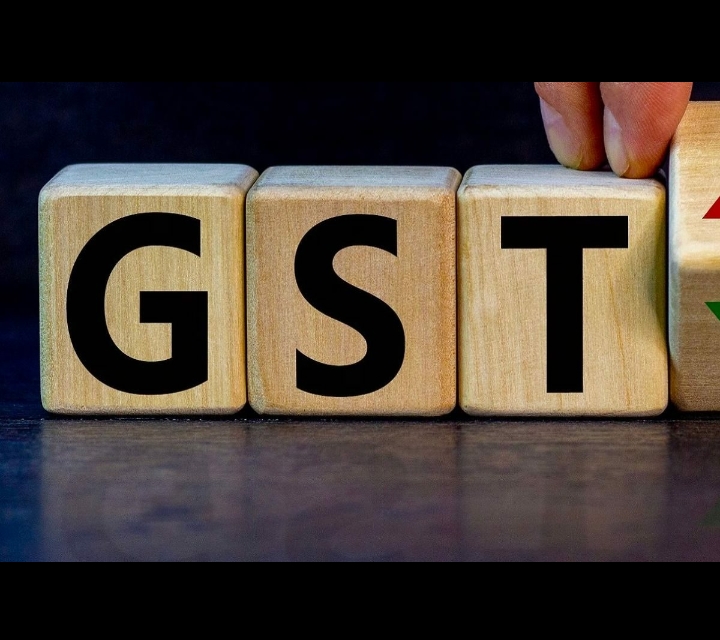GST Appellate Tribunal
GST Appellate Tribunal The Finance Ministry has issued a notification regarding the GST Appellate Tribunal. According to this notification, GST benches will be established in the states and union territories of the country. GST matters can be resolved easily through this bench. Let us know in this report that how many GST benches will be established in which state in the country?
New Delhi, Agency. The Finance Ministry has notified 31 benches of the GST Appellate Tribunal (GSTAT). These will be established in all the states and union territories. It is believed that this will give a boost to businesses and will also help in finding many solutions.
Today, taxpayers are required to approach higher courts when they are dissatisfied with the decisions of tax authorities. This process takes a lot of time. This is because the High Courts are already burdened with pending cases. They do not have any special bench to deal with GST matters.
Establishment of GST bench
According to the Finance Ministry notification, GSTAT will have two benches in Gujarat and Union Territories – Dadra and Nagar Haveli and Daman and Diu. At the same time, there will be three benches including Goa and Maharashtra.
Apart from this, there will be two benches each in Karnataka and Rajasthan while there will be three benches in Uttar Pradesh.
West Bengal, Sikkim and Andaman and Nicobar Islands and Tamil Nadu and Puducherry will have a total of two GSTAT benches each while Kerala and Lakshadweep will have one bench each.
Similarly, there will be a bench in the seven north-eastern states of Arunachal Pradesh, Assam, Manipur, Meghalaya, Mizoram, Nagaland and Tripura. GSTAT will have a bench in all other states. The government has notified 31 tribunals in the first phase which will be constituted in all major cities of the country.
Rajat Mohan, senior partner, AMRG & Associates, said:-
GST tribunals are essential to resolve tax cases because of their importance in providing an impartial, expert and efficient forum to address tax disputes. They play a vital role in ensuring fairness, accountability and rule of law in tax administration. Now, the next phase of identifying suitable locations for the tribunals, appointing qualified members and providing the necessary infrastructure and resources will begin.”



